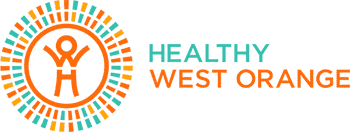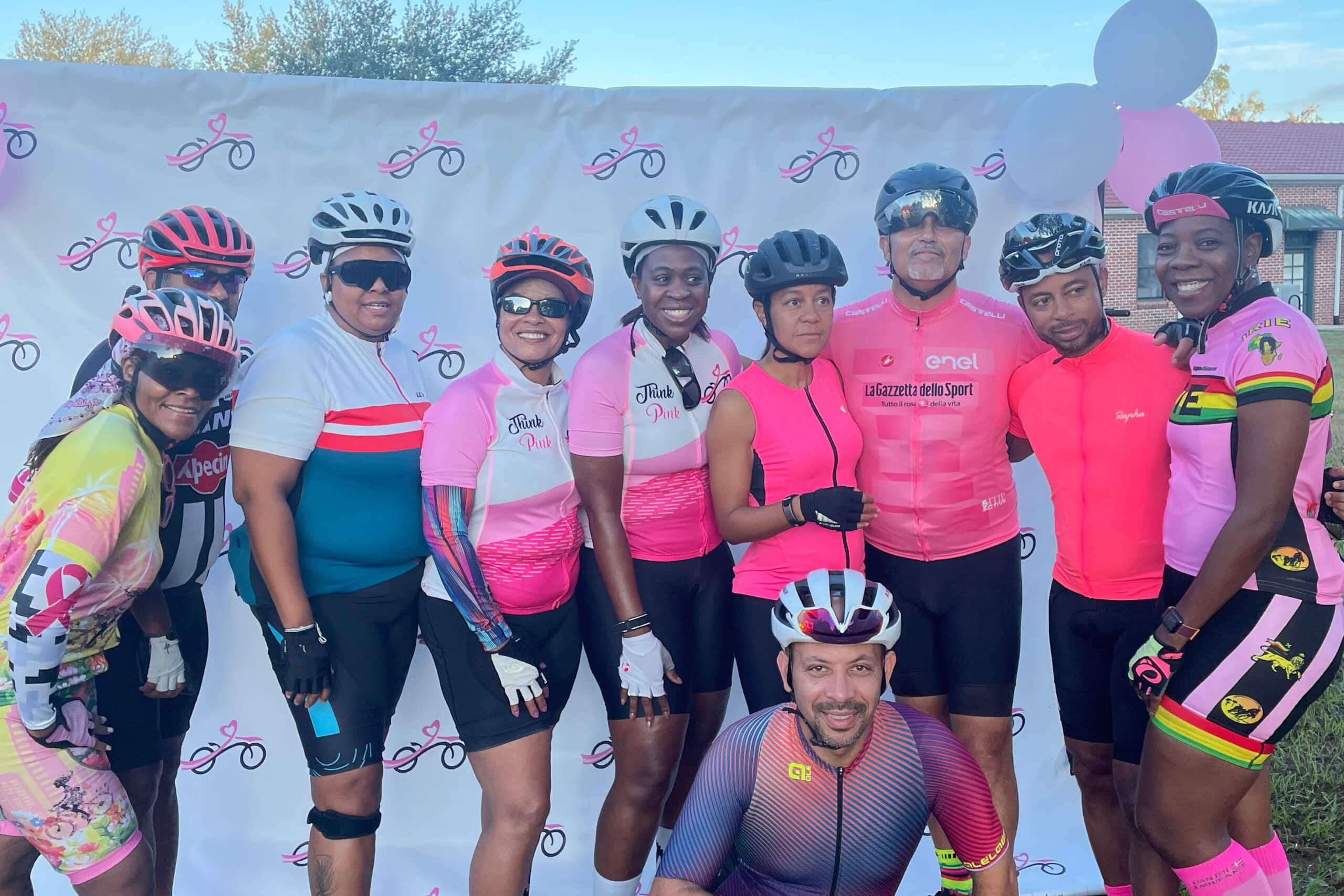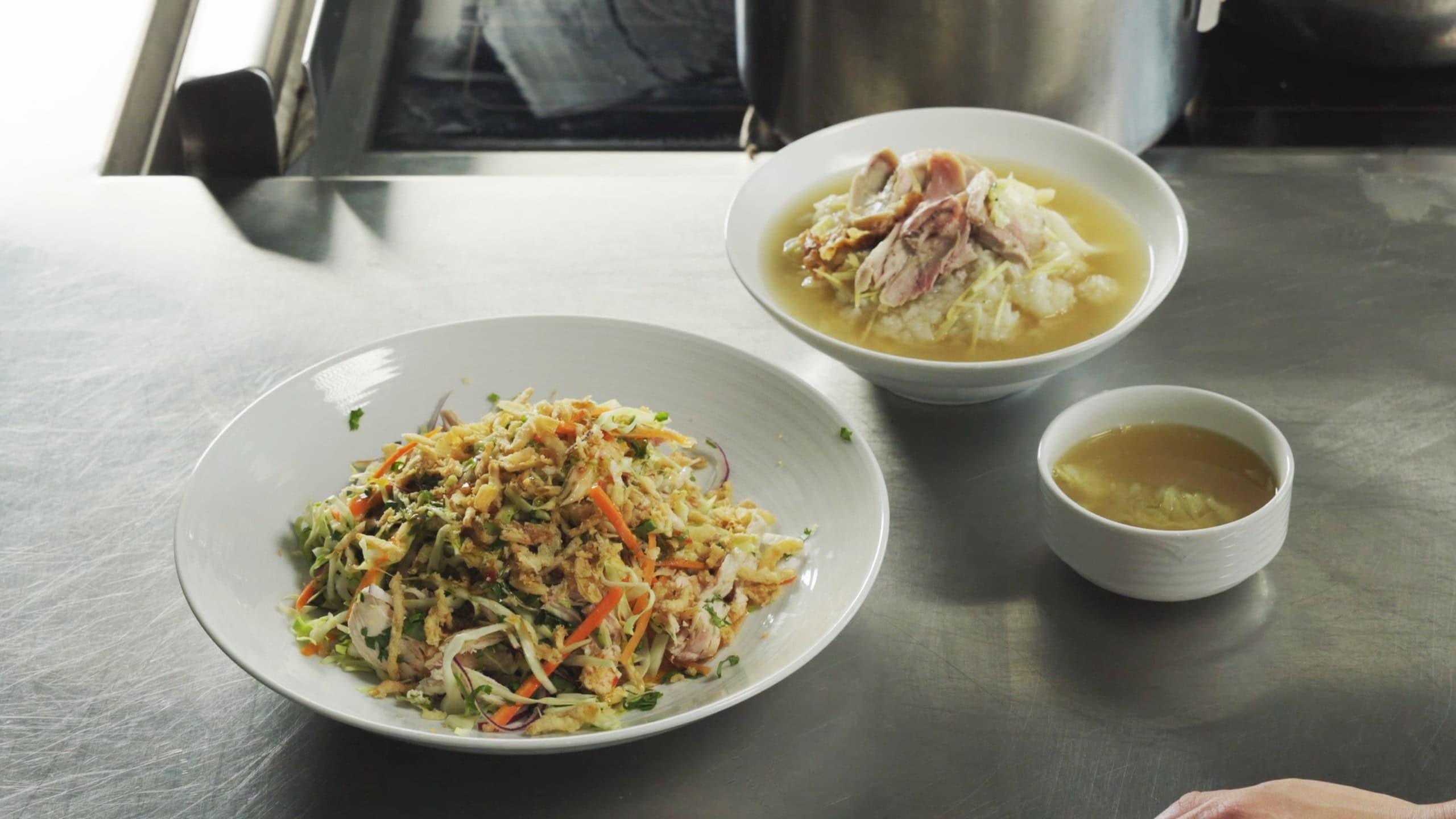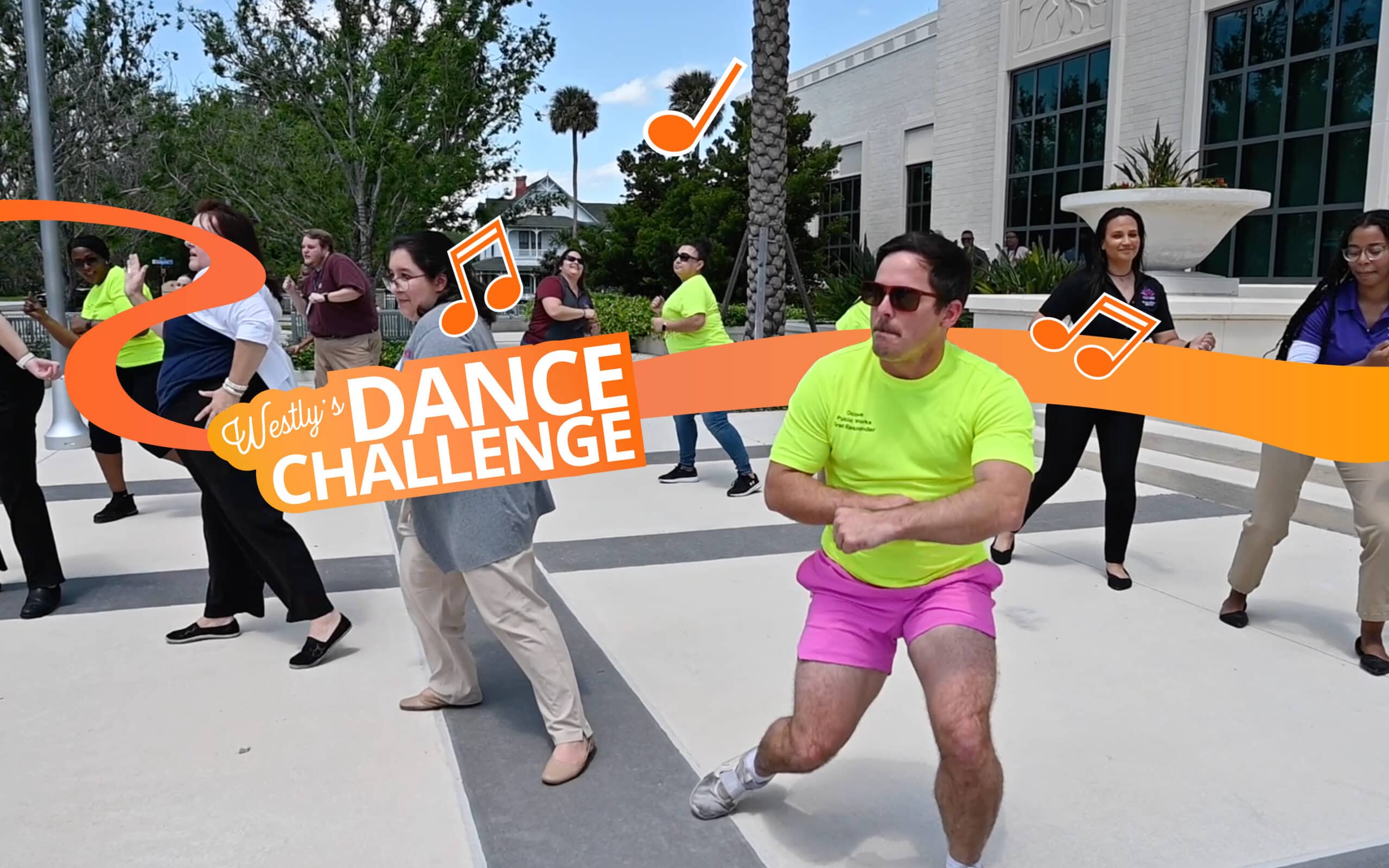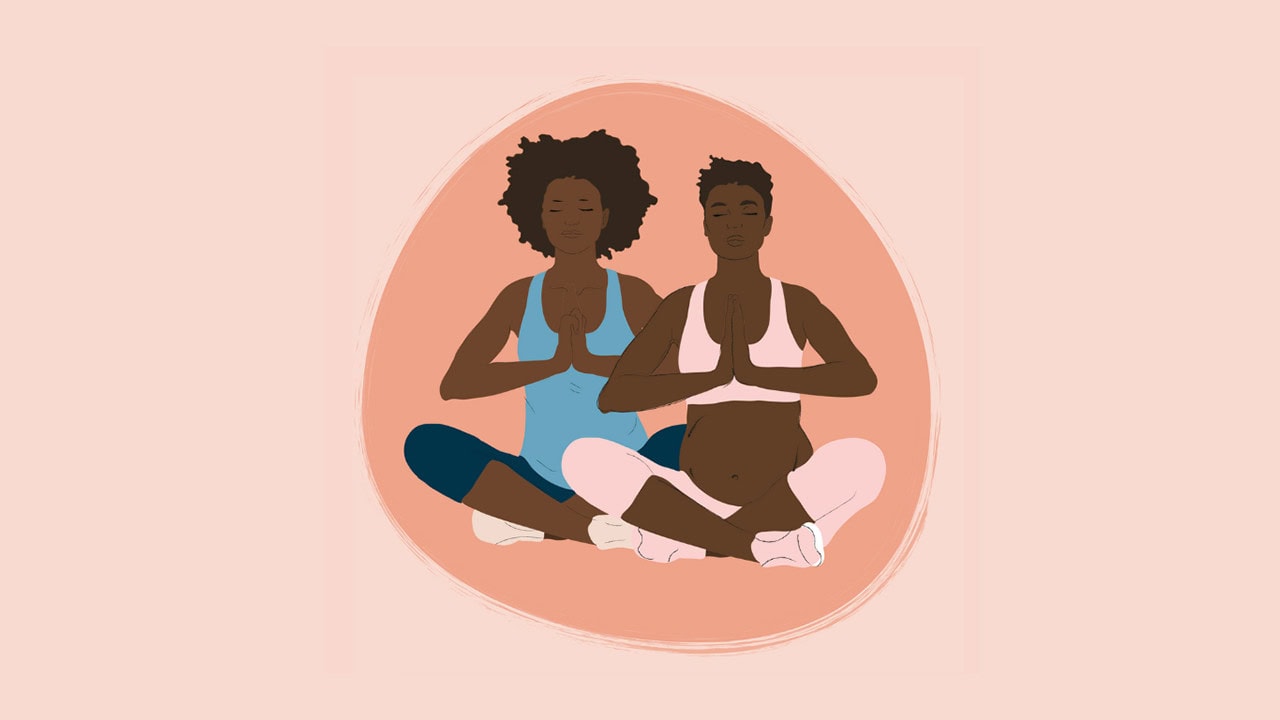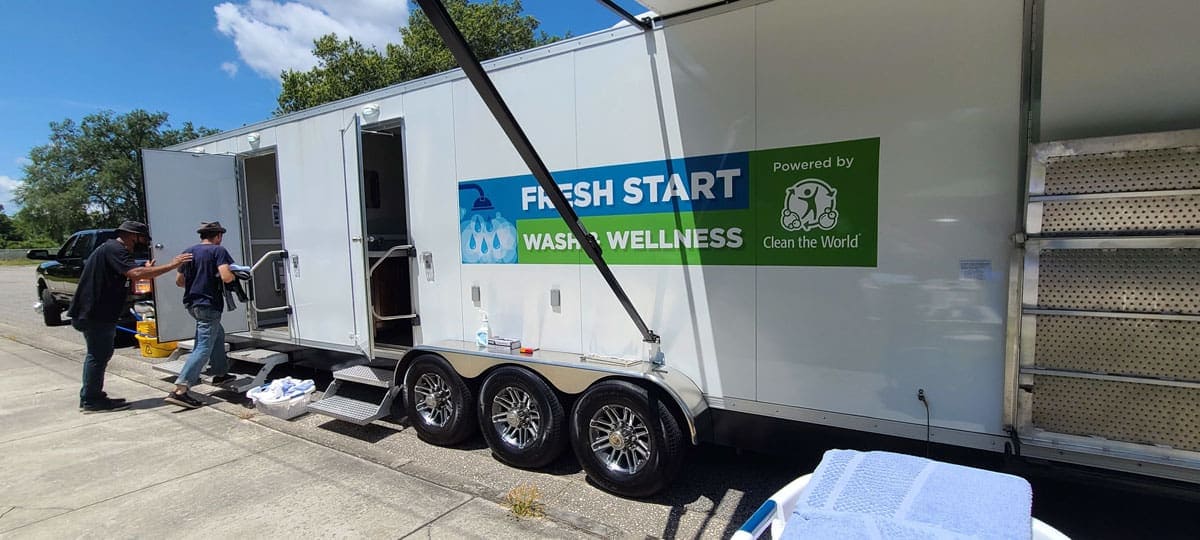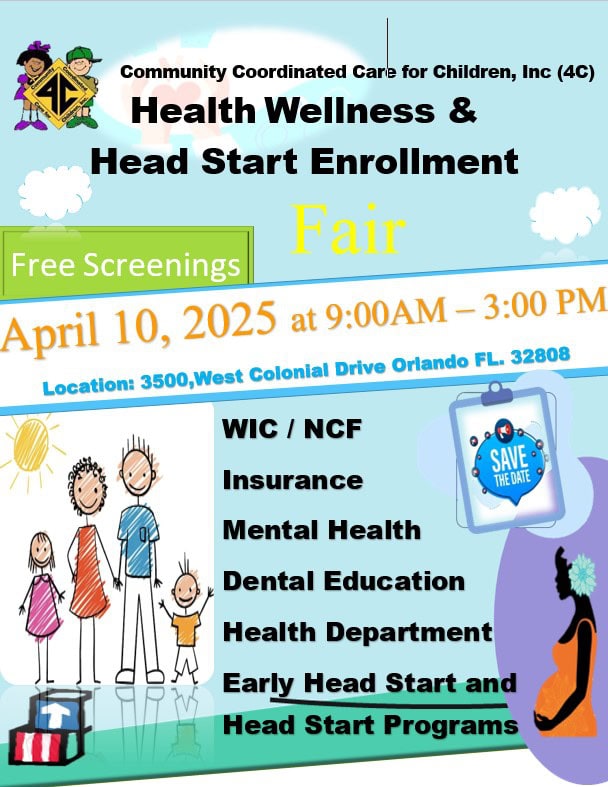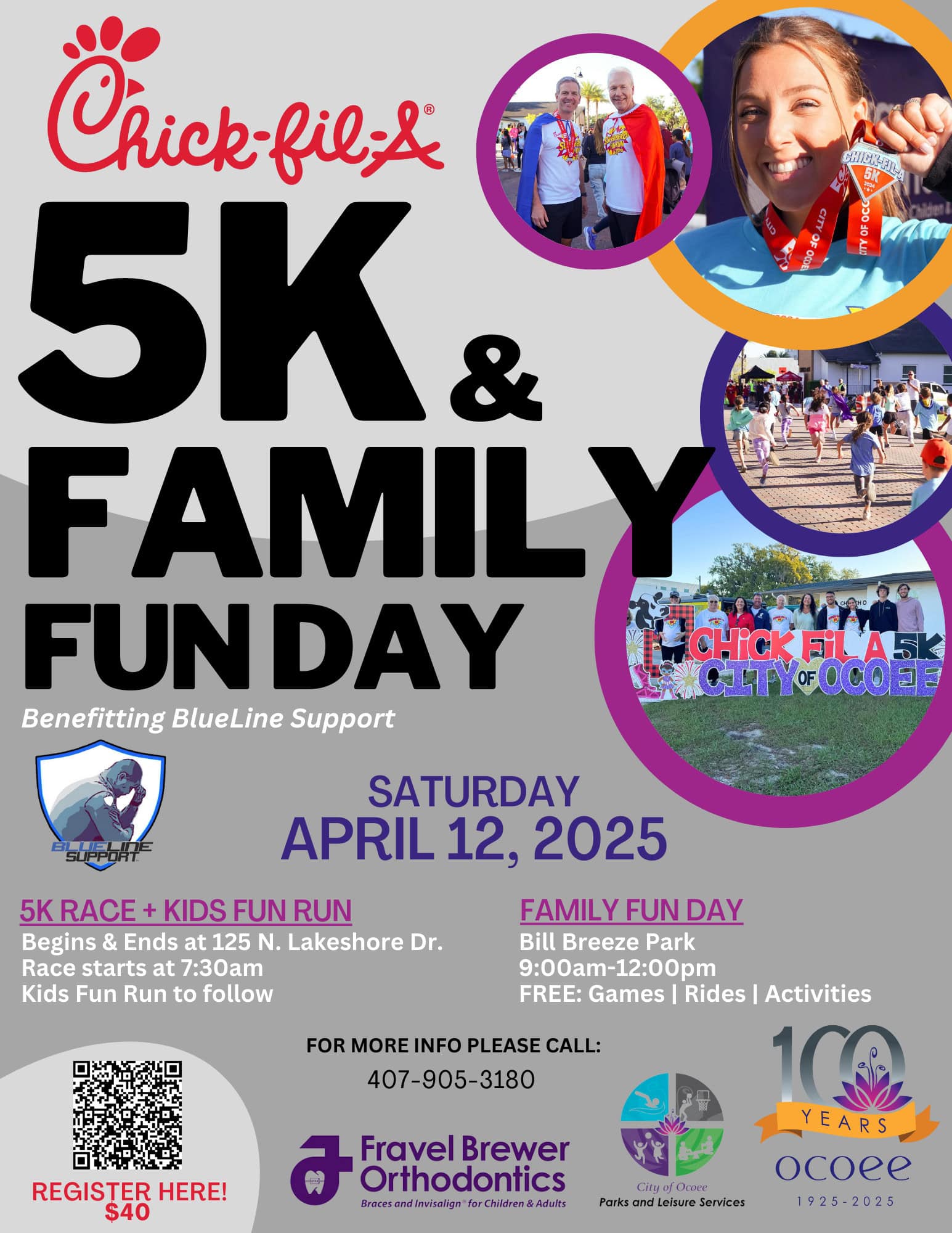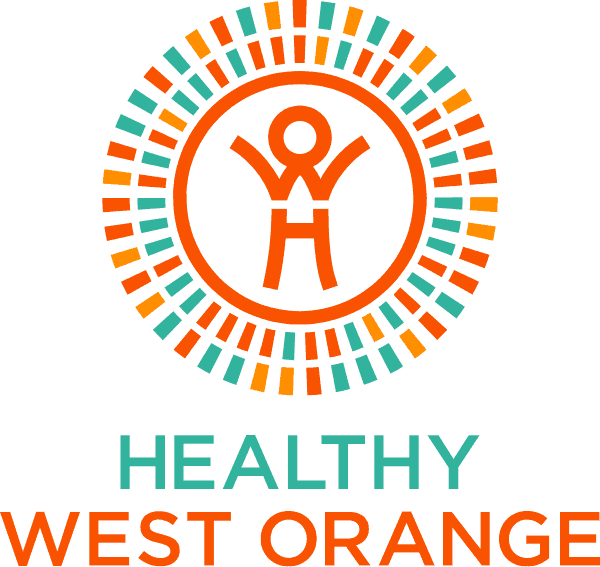Breast Cancer Awareness
Breast Cancer Awareness with Local Expert
Dr. Danielle Henry
October may be Breast Cancer Awareness month, but thousands of women are dealing with the disease every day of the year. We took some time to check in with local expert Dr. Danielle Henry, a board-certified general surgeon and fellowship-trained breast surgical oncologist with the Breast Care Center at Orlando Health Cancer Institute, to bring insight into this disease and what can be done to be proactive in reducing risks.
What are the top things women can do to prevent breast cancer?
There are many things you can do to reduce your risk for breast cancer and detect breast cancer early.
- Get your mammograms annually starting at age 40. If you have a strong family history of breast cancer, you may need to start before age 40 and should discuss this with your physician.
- Maintain a healthy lifestyle. This includes: maintaining a healthy weight; exercising 30 minutes a day, 5 days a week; no smoking; avoid excessive alcohol intake.
- Know your body. Perform monthly self-exams. A great time is in the shower when lathering with soap. It’s not about being an expert in breast exams but being an expert on your body and being able to be the first person to detect a change.
- Try to avoid excess estrogen exposure. This most commonly comes in the form of hormone replacement therapy. If you have to be on hormone replacement therapy, talk to your doctor about being on the lowest possible dose or alternatives.
What are the current statistics of breast cancer survival? What is the key to breast cancer survival?
- 1 in 8 women or 12% of women will be diagnosed with breast cancer in their lifetime.
- For women diagnosed with early stage breast cancer, breast cancer limited to the breast, is 99%. Survival is very good for women who are diagnosed early, hence why yearly mammograms are important to help diagnose breast cancer in its earliest stage.
Are there any diet and exercise recommendations for women to decrease their risk of (prevent) breast cancer?
- Exercise is part of a healthy lifestyle and also part of reducing your risk for breast cancer
- Exercise 5 – 6 times a week for 30 mins or more.
- Exercise can also help with losing weight or maintaining a healthy weight, which also helps decrease your risk of breast cancer.
- A diet that is full of fruits and vegetables is also important. However, it is important to do everything in moderation. Seeking the help of a nutritionist can be helpful with learning about the right diet for you.
How can women encourage other women to practice preventive care?
Schedule your mammogram with a friend. Talk about positive experiences.
What recommendation can you give women to overcome their fear of an exam?
Knowledge is power. It only takes a few minutes to get a mammogram and it can save you years of your life.
Being Proactive
While we all strive to be healthier, making small choices may help women reduce their risk of getting breast cancer and lead a healthier life. For more information about risks and genetic factors visit the National Breast Cancer Foundation website. Preventive and proactive care make the statistics more favorable for early detection of breast cancer and survival. Be proactive and talk to your physician and take charge of your health and schedule your well-women exam and breast cancer screening today!
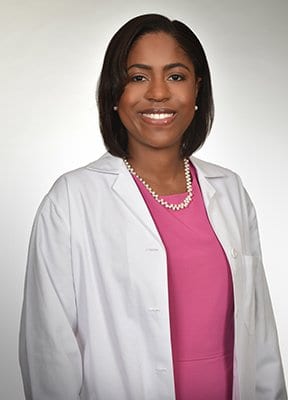
Danielle A. Henry, MD, is a board-certified general surgeon and fellowship-trained breast surgical oncologist with the Breast Care Center at Orlando Health Cancer Institute.
Dr. Henry earned her medical degree from Florida State University College of Medicine. She completed a general surgery internship and residency at Orlando Health, where she served as administrative chief resident and won “Best Resident Award.” She went on to complete a Society of Surgical Oncology breast surgical oncology fellowship at Moffitt Cancer Center and Research Institute in Tampa. While at Moffitt, Dr. Henry received the Junior Scientist Partnership Award for collaboration with the immunology lab to investigate local immunity within breast cancer tissue.
We Want to Hear from You!
Are you a breast cancer survivor? What advice can you share with others to support them on their journey? Share with us below!
